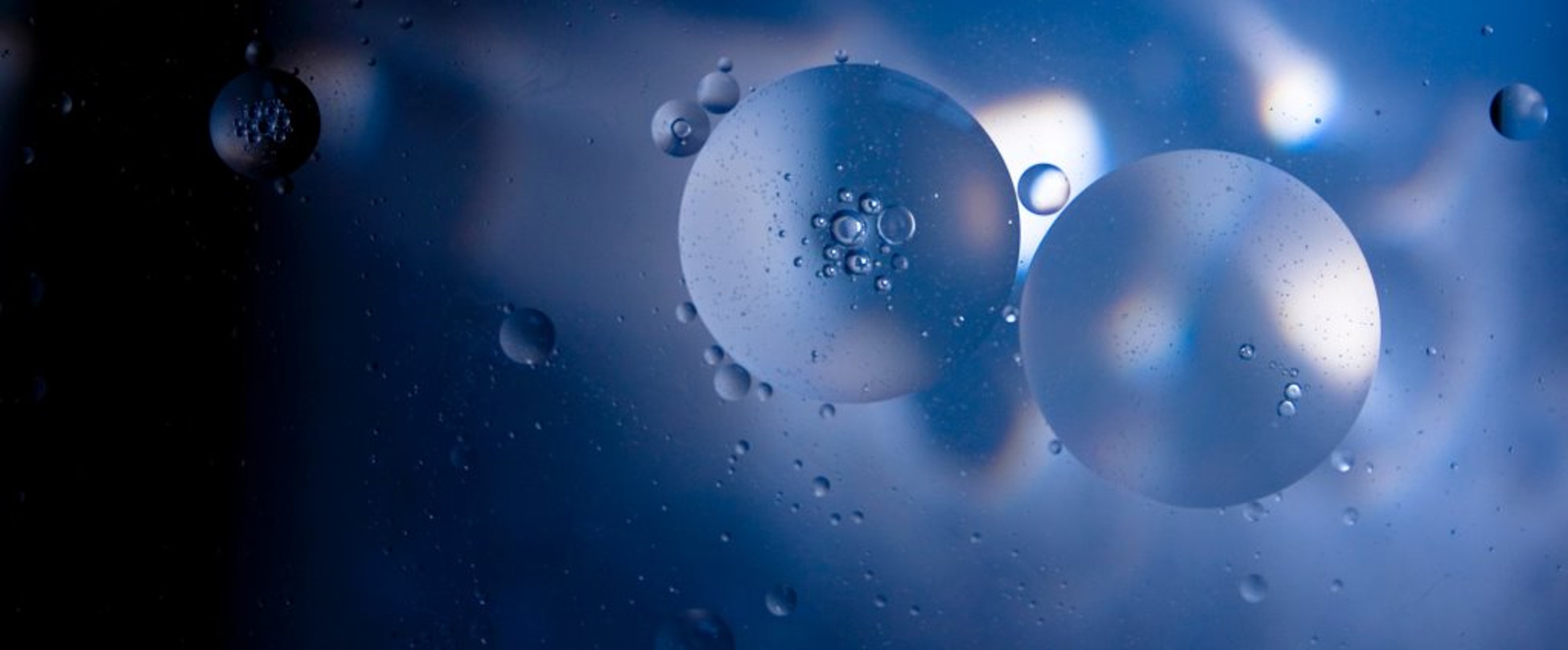Water Oil Emulsion
Hydrocarbons coming from the wells is in most cases a mixture out of crude oil, gas and water. As more and more oilfields are used since years, the pressure in this fields declines, and the pressure in the reservoir has to be supported by water which is injected into the reservoir. The so called water cut, the percentage of water inside the crude, is therefore continuous increasing.
An emulsion in the Hydro Carbon Industry is normally a mixture of water and oil. The emulsion is caused by mechanical forces, which is mixing these two liquids. This mixing is happening at each and every pump-station, it is happening if there is a lot of incrustation in the pipe line, when crude (oil and water) is passing such uneven surfaces, there will be turbulence’s which build up emulsion, at bends or any other place where direct or indirect mechanical force is brought in the crude.
The problem of the emulsion in the oil industry, it has to be split again in water and oil in order to process the liquids furthermore. In order to avoid Emulsion so called demulsifier is added in huge amounts to the crude. The demulsifier is the chemical, which is used to prevent emulsion forming in the crude. To achieve export quality crude, with 0.5% BSW, demulsifier is responsible for the added cost of chemicals in an oil company.
In the treatment plants there are often so called ETPs or Emulsion treatment plants, where the emulsion received from the separators, is broken by heat and by the use of chemicals, sludge breaker and or demulsifier. The emulsion heated to app. 80°C at which temperature the emulsion breaks easier. Such ETPs are very often the bottle neck of the whole Crude Oil Terminal. If the Emulsion Treatment Plant can’t receive more emulsion, the intake of fresh crude has to be slowed down. This means reducing crude production from the field.
Merus reduce or stop the forming of emulsion
Using Merus upstream at the well or direct after the well, it is possible to reduce the amount of produced emulsion. If there is no wax or far less build in the well itself, the flow of the crude will be more laminar, with very little turbulences, so there is far less emulsion produced direct in the well. There are data available, when using Merus direct in the well, the amount of emulsion which have been before around 20% dropped to less than 10%.
Same is true for the trunk and flow lines. If there is less wax in the line, the flow of the crude is more laminar, there is less emulsion produced. There are indications, when doing so, there will be less emulsion received in the treatment plant. The data we have are not enough to tell about a clear trend. If Merus is used in settling tanks or separators the amount of Emulsion is dropping again as described under separators.
Savings well up to 30% of the operation costs
The most savings will be seen in the separator or the Crude Oil Terminal itself. Calculating only the savings in the chemicals, by improving their efficiency can reach up to 30% of the operation cost of the process. There about 20% reductions in fresh emulsion on an incoming line to the terminal. There is no calculation on the advantages having faster separation throughput in these systems. The savings of less emulsion already in the well or the trunk-lines is very difficult to calculate, because in most reason Merus is not installed for this purpose in the wells or the flow lines, there the major use is to avoid waxing or fouling. In order to get a clear picture about the improvement of the emulsion, all wells connected to a trunk-line going to Crude Oil Terminal has to be equipped with Merus in order to get a clear trend about the development of the emulsion.
Anyhow from theoretical point of few it seems to be possible, to bring down the cost of operation of the whole way from the well to the Crude Oil Terminal or Separator by 20% plus.

